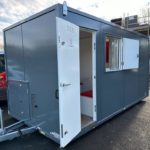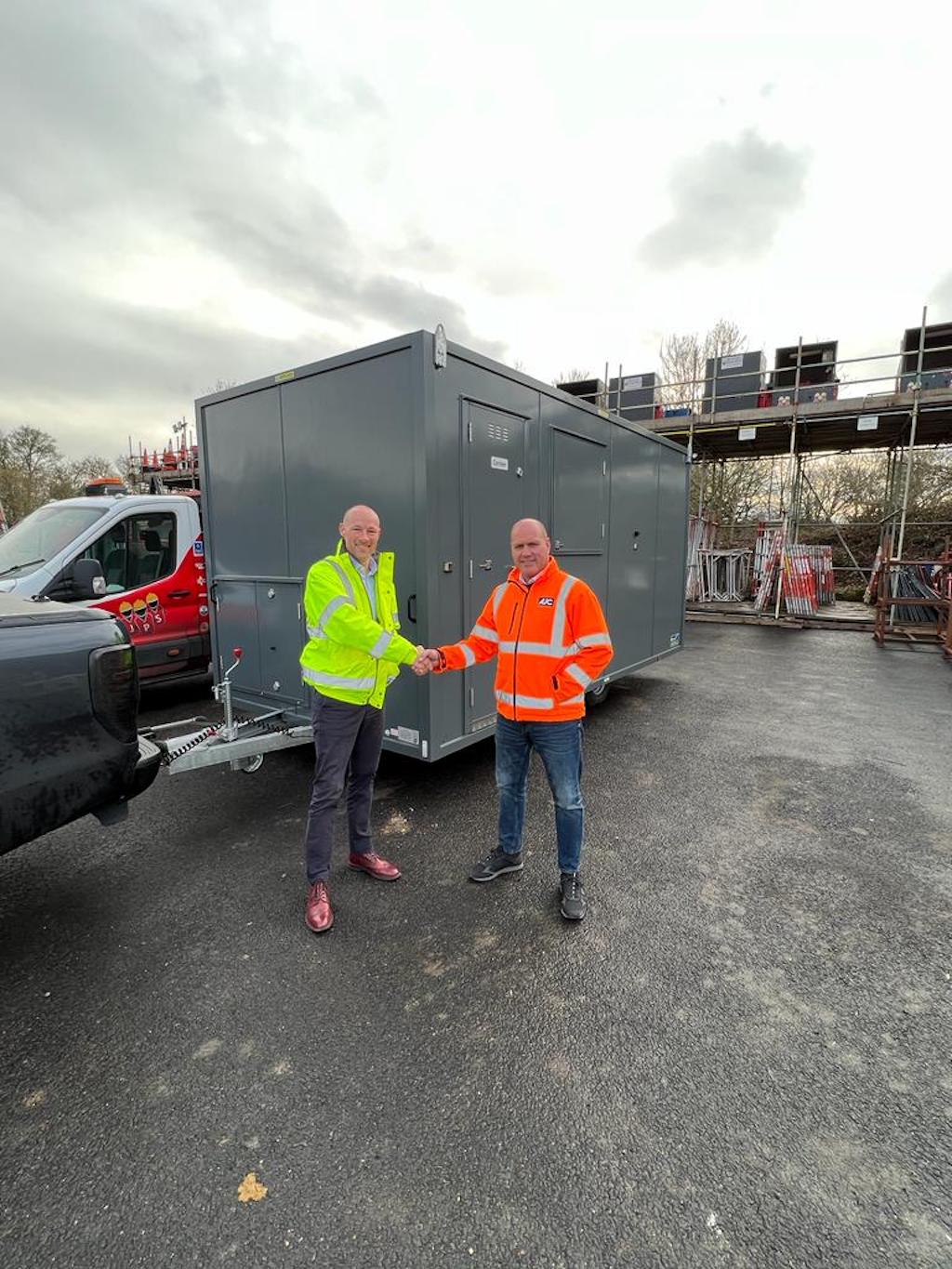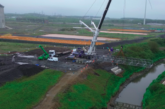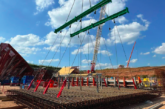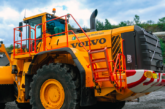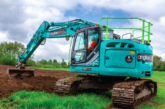JPS invests in sustainable eco welfare units as it continues showing its ongoing commitment towards the environment and supporting the construction industry in becoming carbon net zero.
These bespoke units are also designed for maximum comfort with the 16ft and 20ft models being the largest units of their length available on the market.
The UK Government aims to reduce emissions by 68% by 2030 and by investing in more sustainable equipment, such as the newly built self-contained welfare units, JPS is ensuring it is playing its part in reducing its impact on the planet. It’s units, which will be available to hire from the end of March, will include features such as:
- Solar hybrid systems to reduce fuel consumption and generator time
- PIR-activated LED lighting, hot water and air blown heating with no need for a generator to run
- Low fuel consumption with estimated diesel savings averaging £120 per week vs a standard unit
- Ultra-low CO2 emissions with HVO fuel
- Automatic generator start/stop to keep generator usage to a minimum
- Fully fitted telematics to report on energy usage and reach C02 targets
Shane Walker, General Manager at JPS says, “We are extremely pleased to be expanding our sustainable offering and adding these welfare cabins to our fleet.
“At JPS we are passionate about leading the way within our industry to safeguard the future of our planet but also to provide our customers with a more cost-effective solution.
“Currently, the infrastructure and transport industries contribute towards 42% of the UK’s greenhouse gas emissions. These units will become one of our key offerings and support the 70% electric fleet of our JPS Platforms division which also aims to reduce our carbon output.”
Not only will the new welfare cabins support climate goals but it will also support construction clients in meeting their legal obligations. In 2018, a UNITE Construction Industry survey found that 17% of UK and Ireland construction sites had no access to drinking water and 18% had no access to toilet facilities. Welfare units provide essential amenities for on-site workers as well as a place for dedicated respite.
It is currently a legal requirement for substantially sized construction sites to provide their employees with welfare facilities however, making sure these are of the utmost quality can lead to increased productivity, lower instances of absence, retention of talented employees and attraction of new ones, and a generally more engaged workforce.

